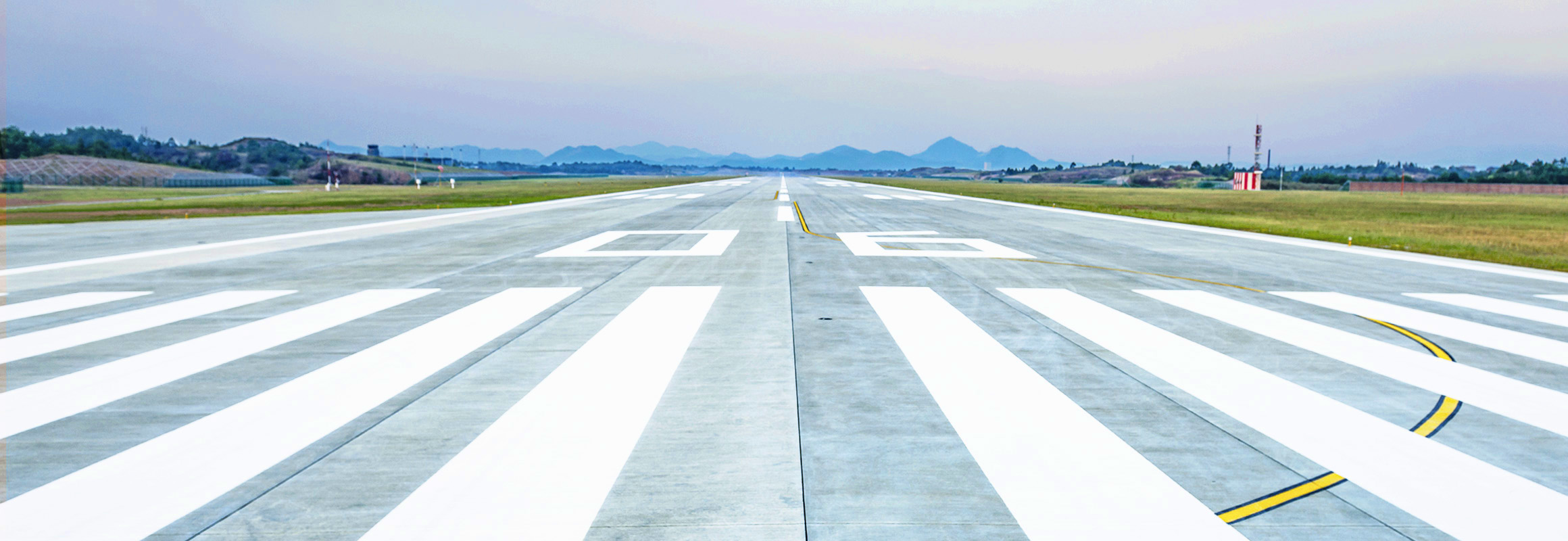
Blog
About all things concerning aviation
Every week we illustrate various subjects regarding our service, passenger rights and commercial aviation. We also provide you with tips & tricks regarding air travel.
-

20-11-2025
Trump ends right to compensation for flight delays
Donald Trump has decided to get rid of compensation rights for delayed flights in the US, and he’s backing the big airlines. Find out what this all means for travellers and why European rules still protect passengers. -
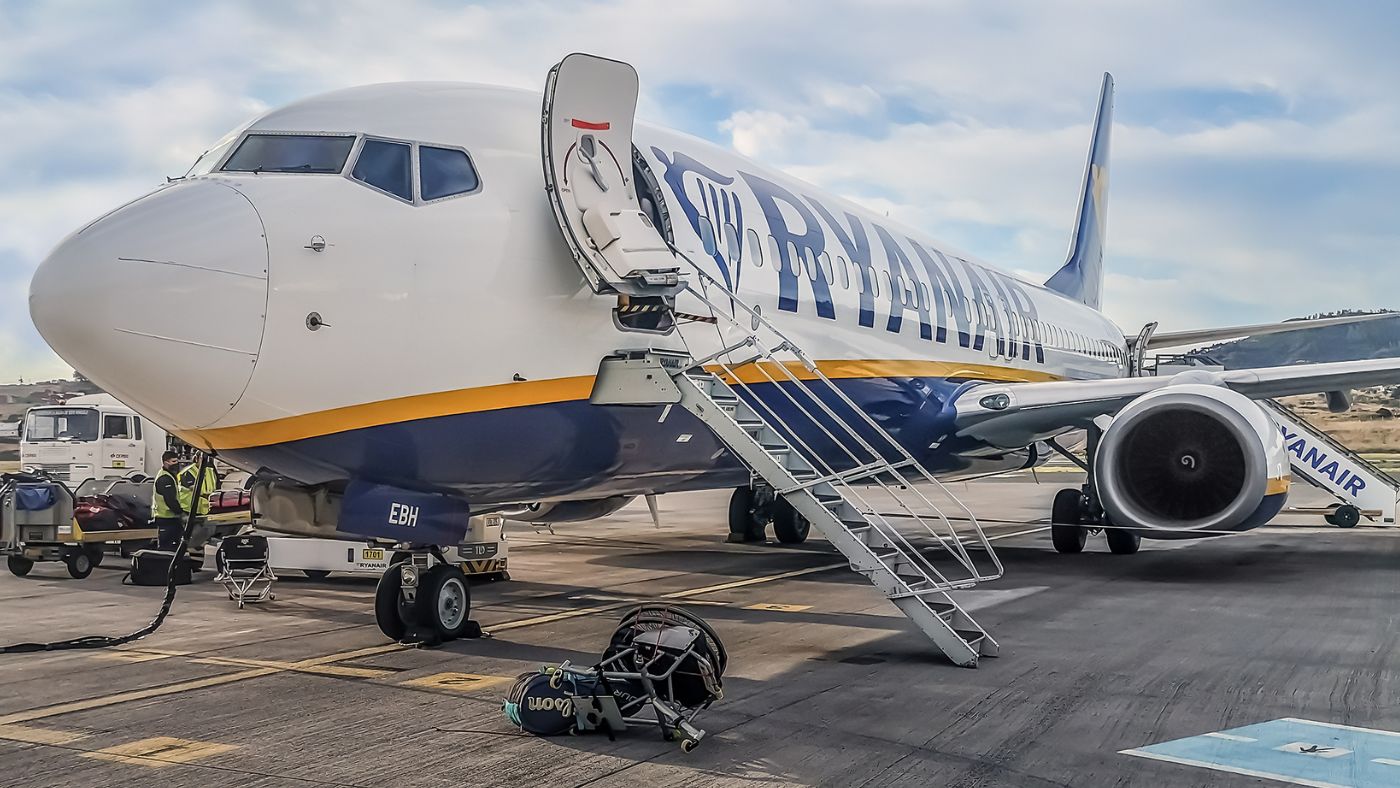
22-08-2024
UK’s most delayed summer routes: Ryanair and EasyJet top the list
The summer of 2024, traditionally the busiest time of the year for air travel, has seen a significant number of flight delays and cancellations, impacting thousands of passengers. -
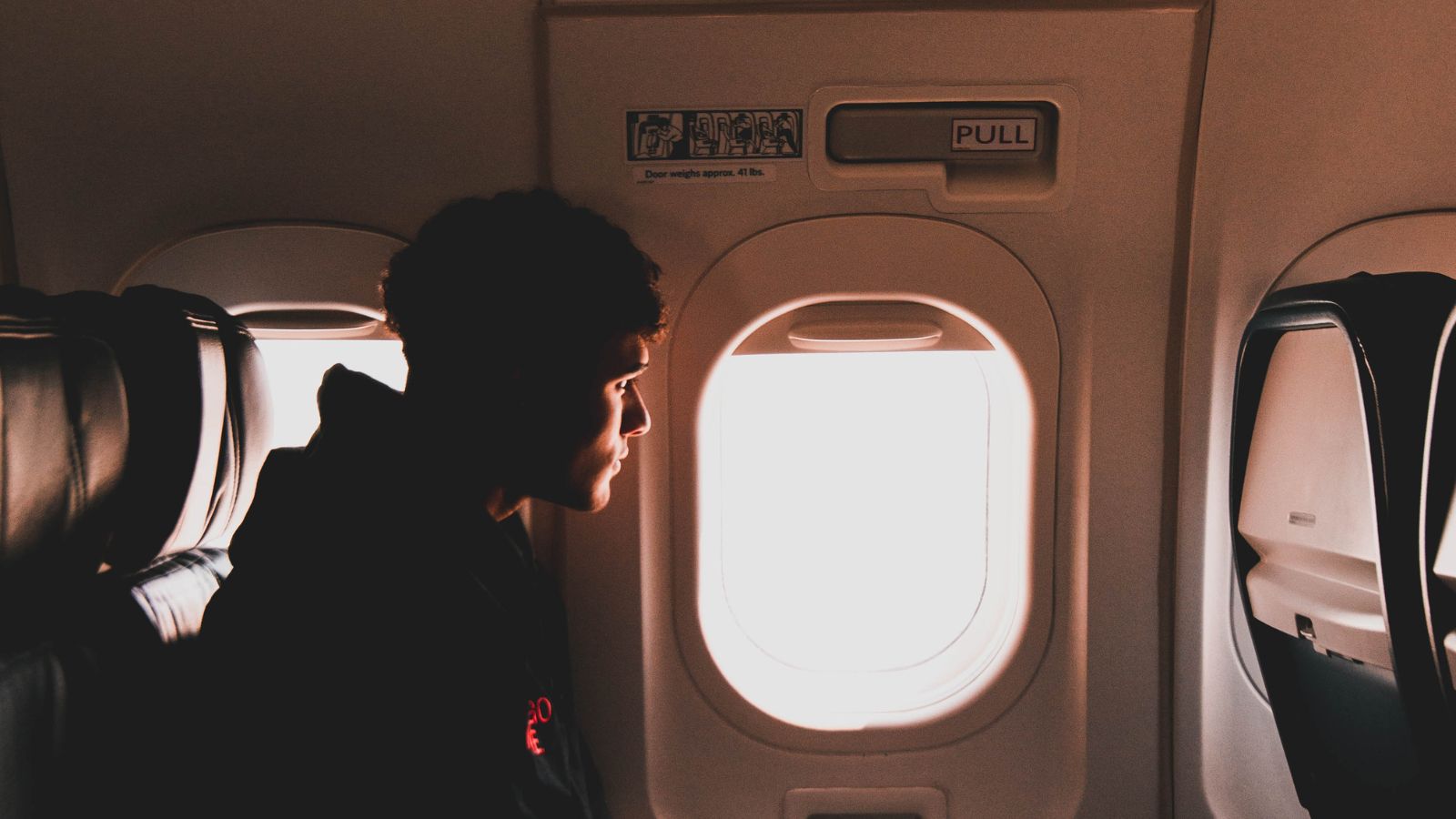
05-07-2024
Flight report for insurance
Are you looking for proof that your flight was cancelled or delayed? This proof may be necessary for your insurance to provide compensation. -

11-01-2024
Flying while sick
Starting to snivel before boarding? In this article, we address the question of whether you can fly when you are not feeling well. -
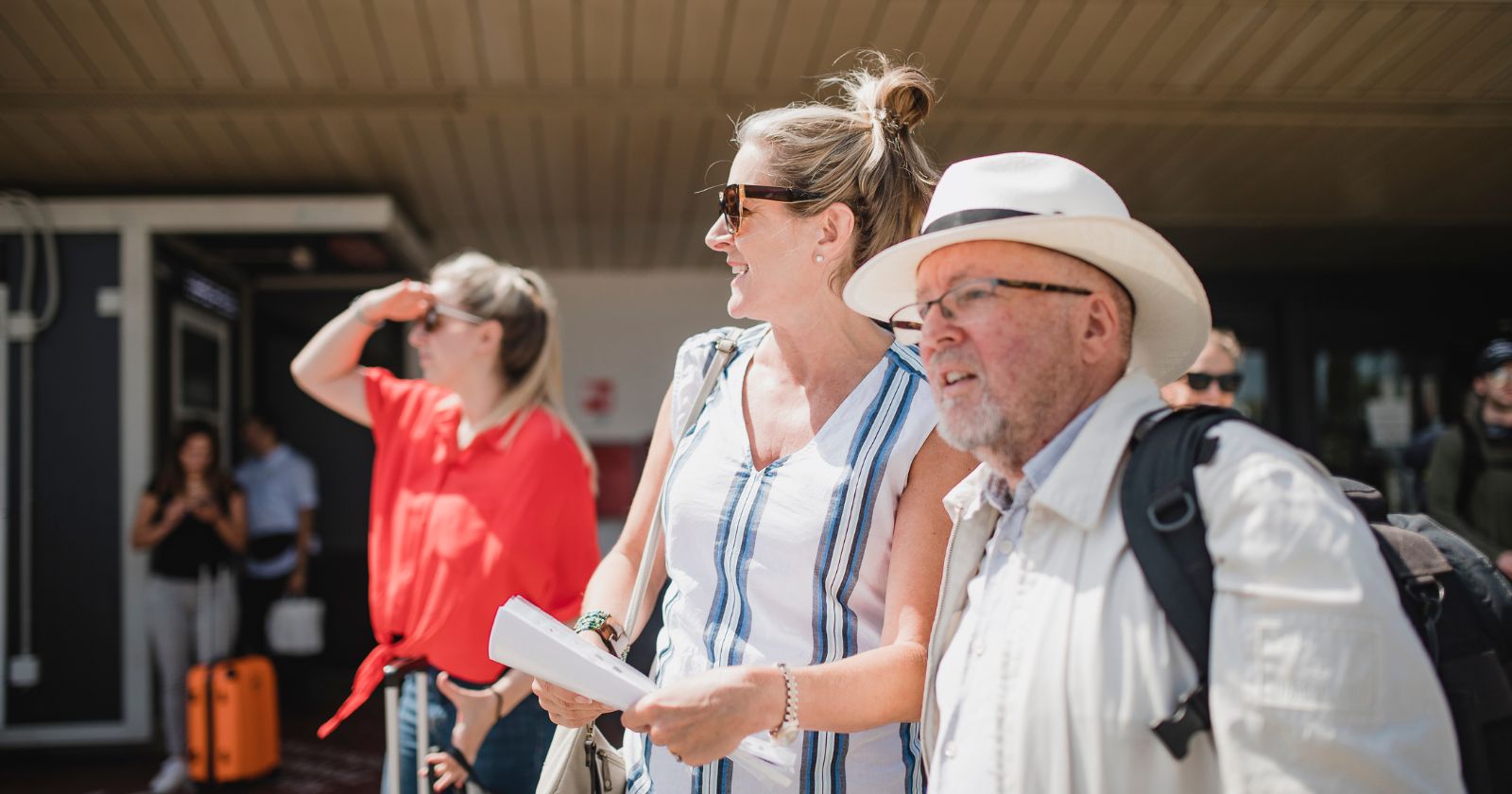
27-11-2023
What’s the difference between a layover, stopover and transfer?
Here’s an overview of all the major EU airlines and a full list of IATA codes. -

23-10-2023
List of airlines in Europe with IATA
Here’s an overview of all the major EU airlines and a full list of IATA codes. -
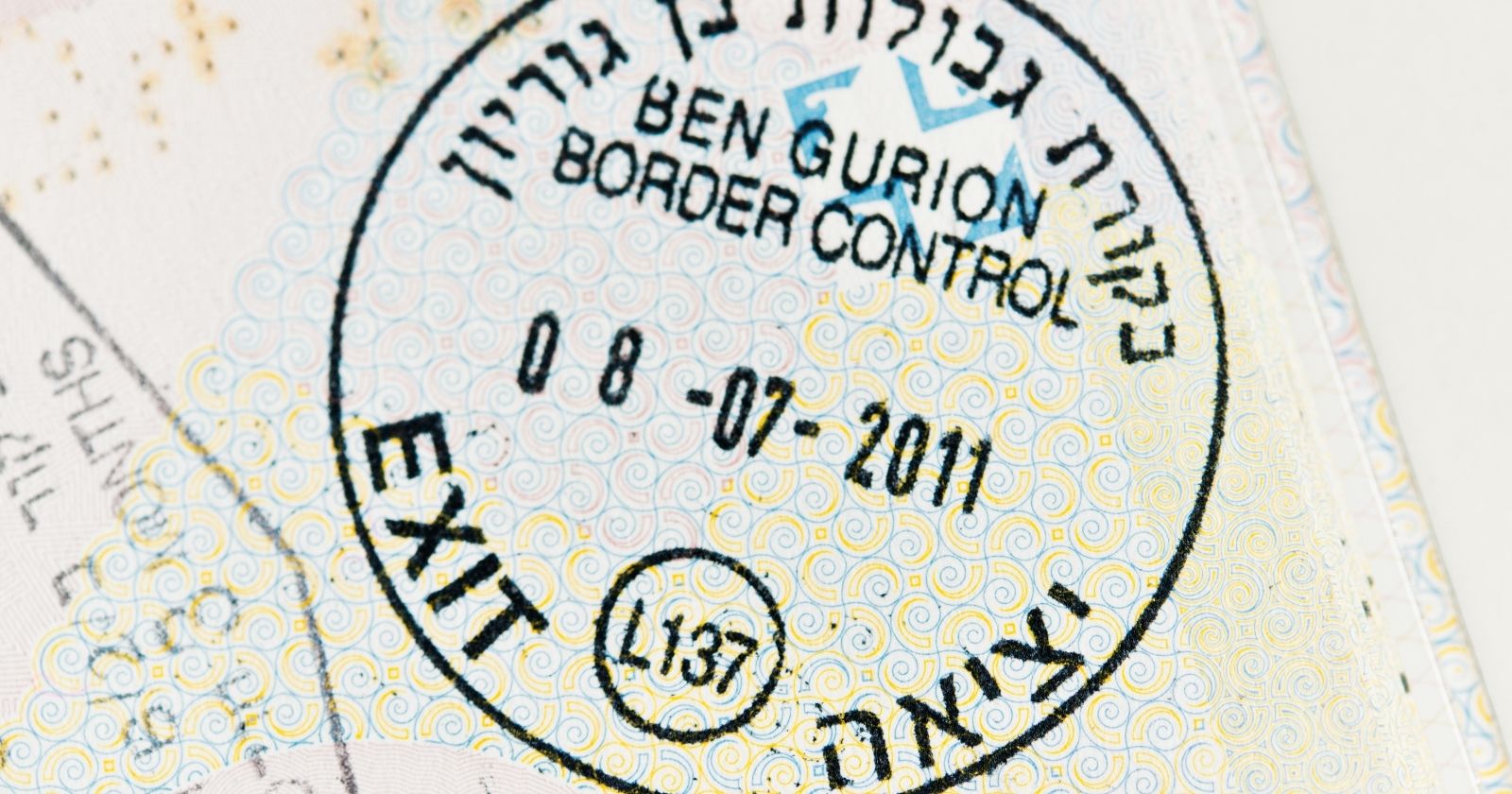
19-10-2023
Flights to and from Israel are cancelled
What is the impact on air travel due to the conflict in Israel and Gaza -

22-09-2023
Carry-on luggage
A complete overview of cabin bags weight and size limits for all airlines. -

21-09-2023
Real time flight trackers
Want to track a flight in real time? There are several options, but these are the best of the best. Check these free plane trackers. -
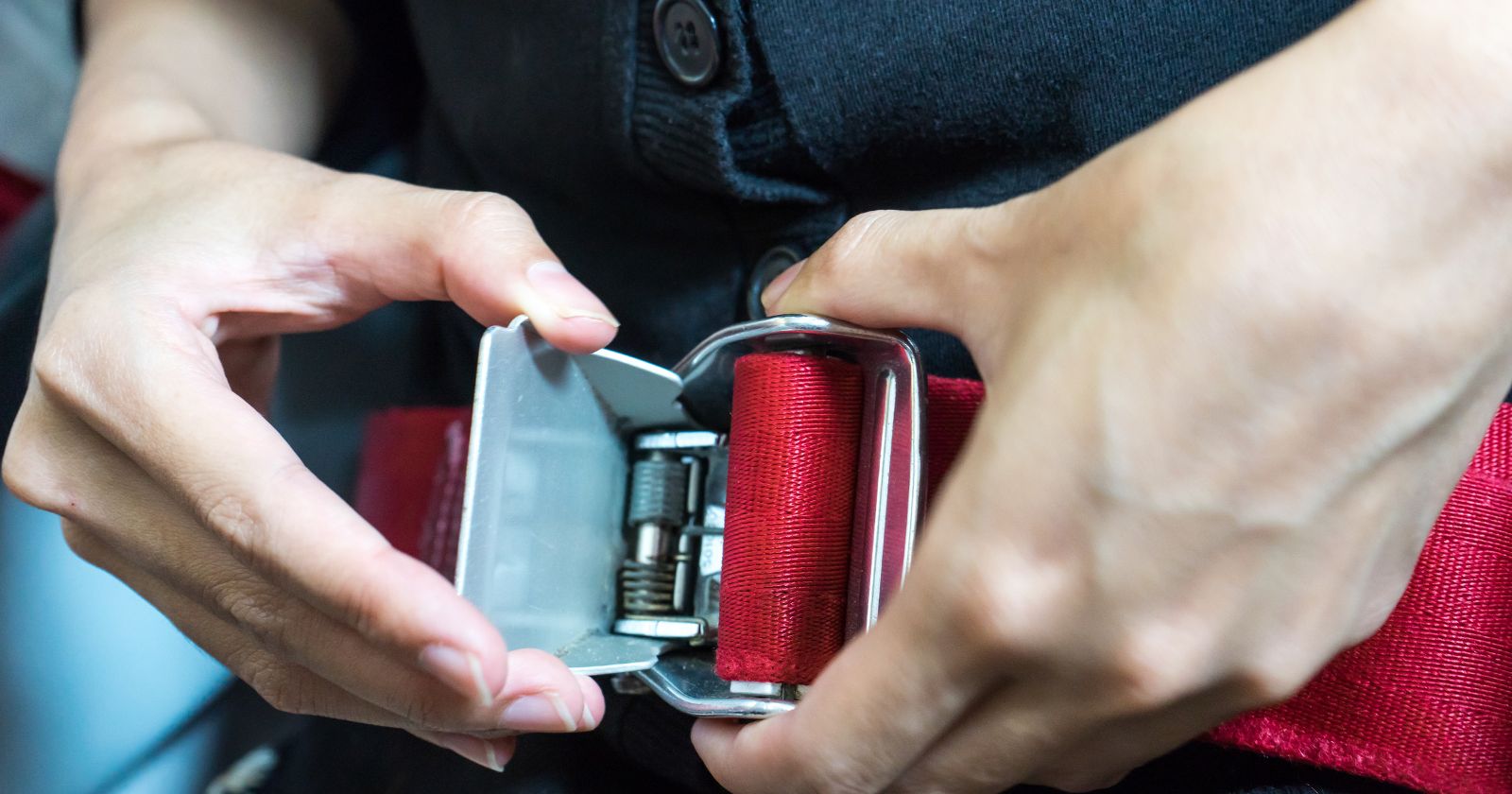
03-08-2023
Air Pockets in Airplanes
An explainer on turbulence and air pockets in planes. This is what you need to know.